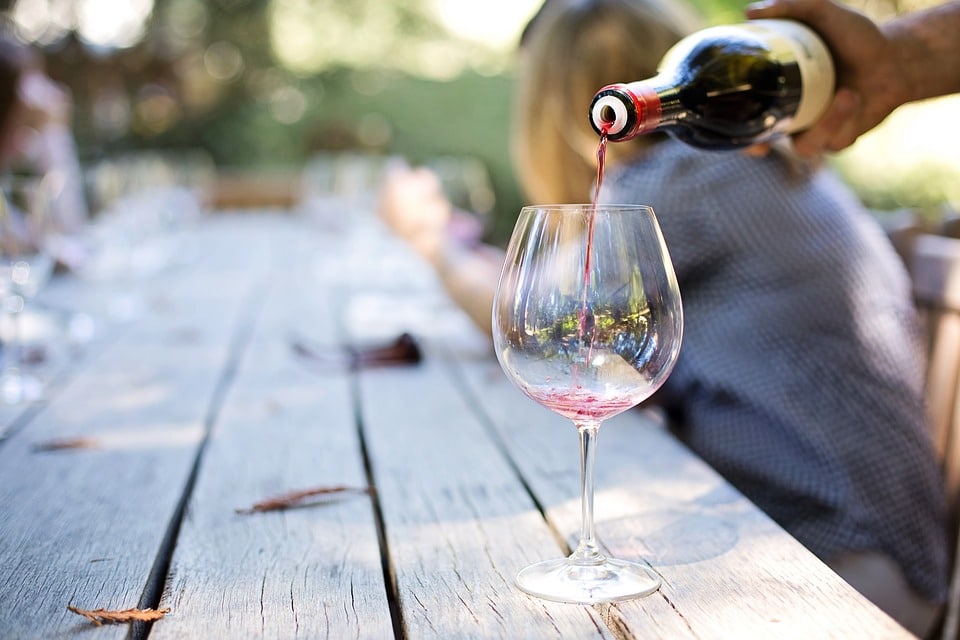Concerns about the impact of climate change on wine production are growing. Consumers are increasingly interested in the sustainability credentials of wine producers around the world as producers work to protect the wine industry’s longevity through sustainability.
The impact of climate change varies from region to region, prompting wine producers to come up with ever more innovative ways to combat the challenges ahead.
Challenges facing wine producers
Major Italian winery Zonin 1821 have long been working on various initiatives to promote a green production culture. Its estates in Tuscany, Rocca di Montemassi and Castello di Albola, were two of the first wave of wineries in Italy to gain the Equalitas Certification. This focuses on the economic, social and environmental longevity and sustainability of wine producers in Italy and is supported by the Union of Italian Wine Companies (UIV).
In order to achieve the certification, Italian wineries must prove the impact of their production activities. These include pest management, footprint of water use, carbon footprint, community interaction, biodiversity and the social impact of the business. Chief winemaker at Zonin1821, Stefano Ferrante, says: “With water saving, our estates use the drip irrigation method managed by the Vintel digital programme, which allows rationalised irrigation based on forecast weather. Special pressure chambers allow the level of hydration of individual vines to be measured, guaranteeing irrigation only when necessary.”
Sustainability in supporting industries
While making the wine itself is a massive part of the industry, there are also many other parts to a bottle of wine. Portuguese-based Amorim & Irmaos create cork and stoppage solutions for bottles. Naturally, sustainability is also a major factor in this sector’s work too.
Director of marketing Carlos de Jesus says: “Sustainability is at the heart of our entire operation, starting with the fact that cork oaks are a natural and native species to the areas where we source our raw material.”
The company makes the most environmentally friendly, natural bottle closure products possible, and prides itself on its sustainable production methods. He says: “We provide the best solutions for any winery seeking to improve their sustainability credentials. After all, if they are working hard to offer sustainability produced wines for eco-conscious retailers and consumers, then the closure must be real cork. Ease of recycling is becoming a key issue.”
Key methods for sustainability
Many wineries are increasingly focusing on actively working with the characteristics of the region they work in. A holistic approach to the surrounding environment has been underway for Bodega Ijalb winery, based in Rioja, since 1998 when it became the very first officially organic winery in the region.
Chief winemaker Pedro Salguero says: “The water used in the winery has been purified and gathered to hydrate the vineyards and refrigerate the tanks during fermentation. The stems from pruning are used to fertilise our vineyards. We’re lowering our carbon footprint by reducing the weight of our glass bottles and the thickness of our packaging.”
The needs of each winery depend on where they are based, and how climate change is affecting their regions. Waverley Hills winery in South Africa is located in the Western Cape. This area receives about 550mm of rain, compared with 770mm in Burgundy, France. Conserving irrigation water is therefore a priority, which the estate has been tackling for the past seven years. In 2013, Waverley began laying shade cloth directly on the vineyard soil, which blocks out the sun and stops weeds growing. As the cloth is permeable, water can get through to the roots of the vines, and it also stop evaporation helping to maintain cool, soft soil. All of this preserves the amount of water needed to irrigate the vines.
These are just some of the measures being taken by wine makers around the world, in a bid to maintain an industry threatened by changes in global weather patterns.

